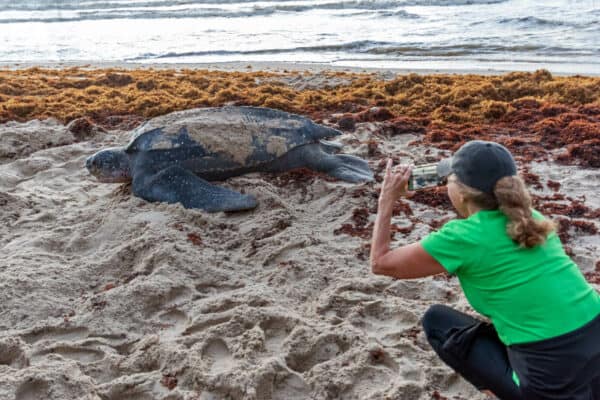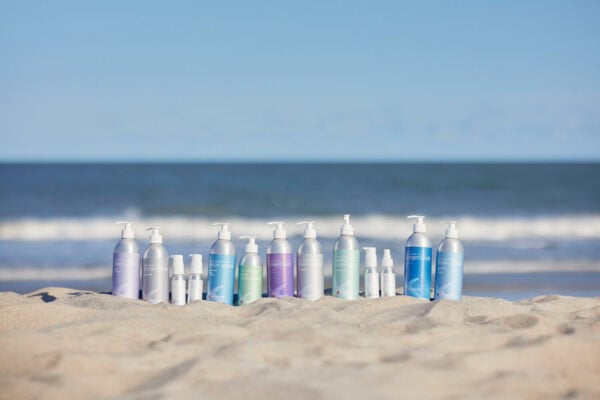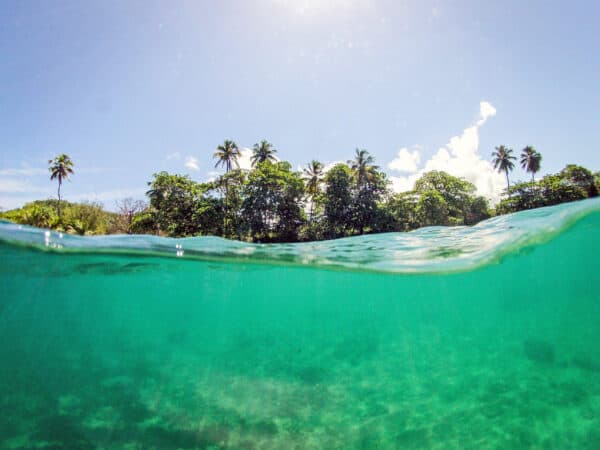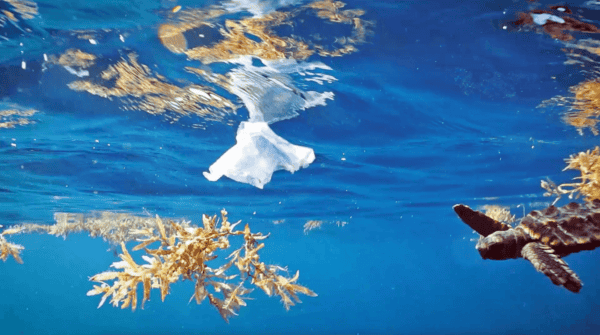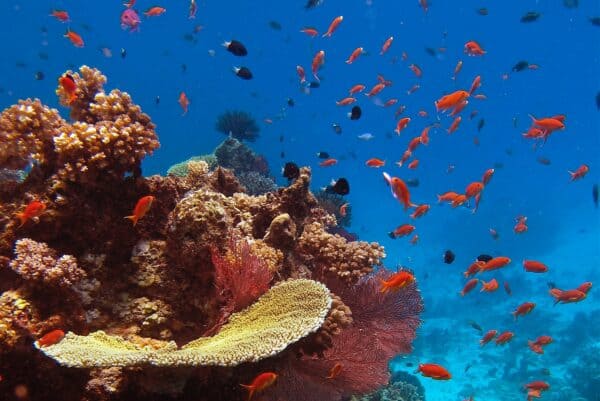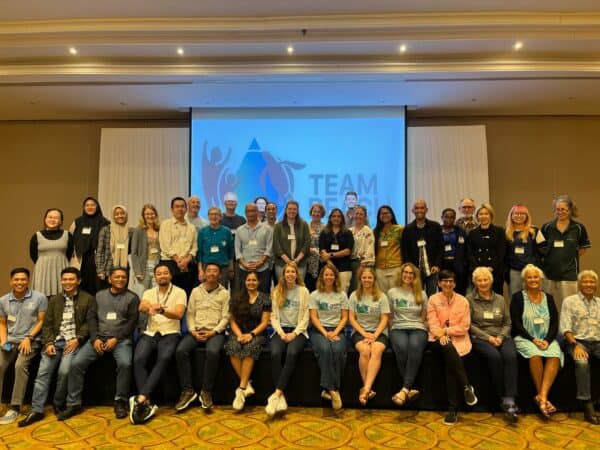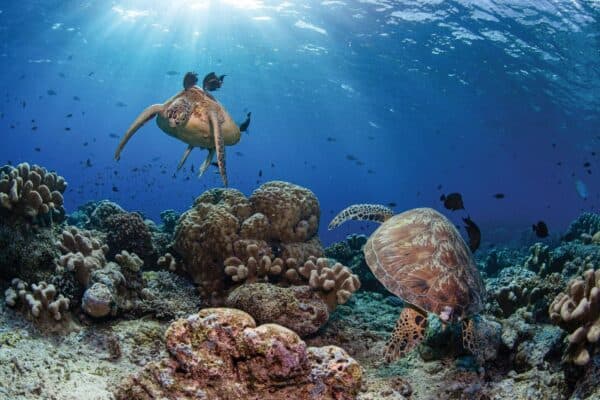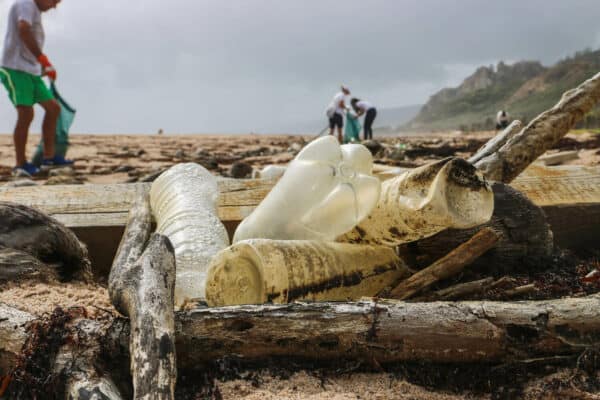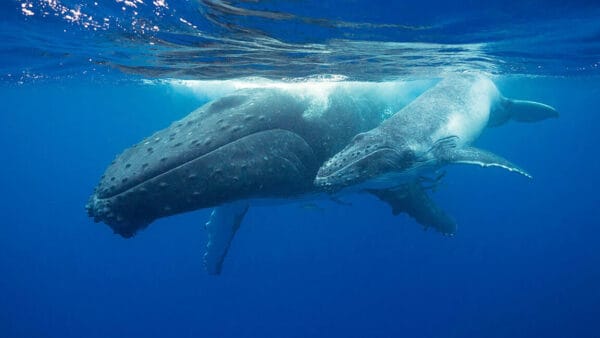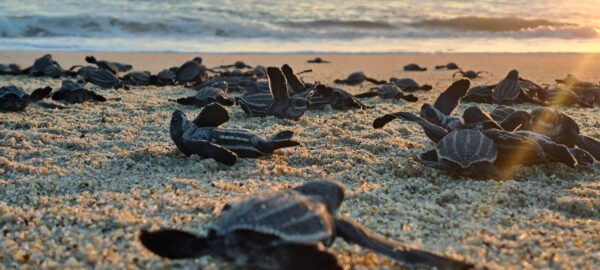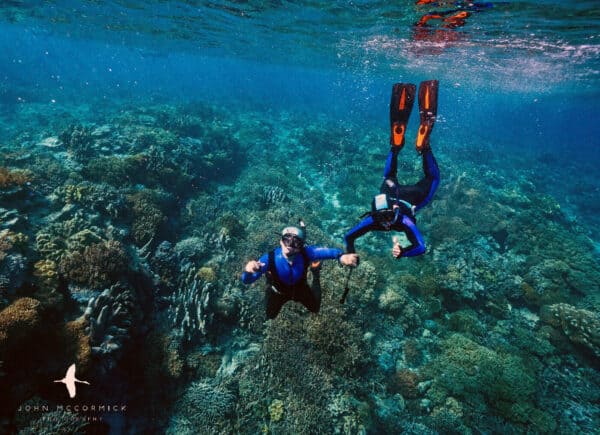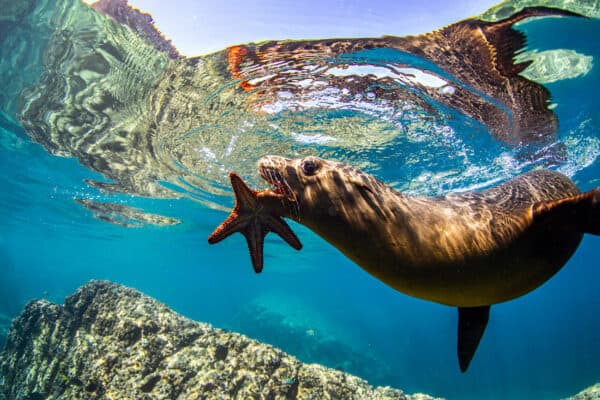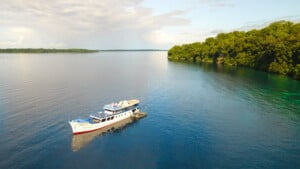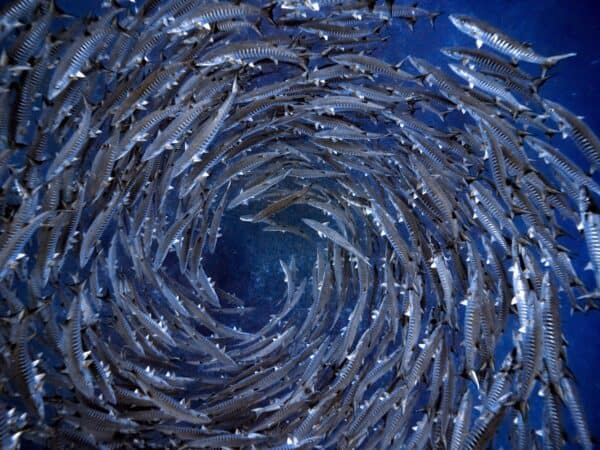What is it about sea turtles that captivates our attention and compels us to witness them up close? Maybe we…
Read MoreWe are pleased to introduce you to one of our newest corporate supporters — Plaine Products. Founded by two sisters,…
Read MoreAlthough the Caribbean may be known for all-inclusive resorts and massive cruise ships, with just a bit of guidance it…
Read MoreWe are delighted to share a new educational video all about sea turtles and plastic pollution. This short film is…
Read MoreFiji may be best known as a honeymoon getaway thanks to its stunning beaches and high-end resorts, but hidden beneath…
Read MoreMembers of the Oceanic Society team recently traveled to Pattaya, Thailand to lead a behavior change training workshop for sea…
Read MoreWe are delighted to announce the publication of the 2024 State of the World’s Sea Turtles Report (SWOT Report, vol.…
Read MoreBack in 2008, plastic pollution threatened both the environment and the economy of Watamu, Kenya, a small and picturesque coastal…
Read MoreThere may be no more humbling reminder of our place in nature than to swim with whales or whale sharks,…
Read MoreWe are proud to announce that Oceanic Society has awarded 19 small grants to sea turtle conservation projects in Cabo…
Read MoreMany of us dream of the wild places, corners still unmarked by humans. For those, the ocean calls. And there…
Read MoreAs we approach the close of 2023, we extend our heartfelt gratitude to all our dedicated donors, enthusiastic travelers, and…
Read MorePerhaps we watch whales because we already know that we are not alone in the universe. That we do not…
Read MoreFor many years, Oceanic Society has partnered with the marine conservation non-profit, Planet Deep, to design unique “conservation travel” expeditions…
Read MoreSeafood is deeply integrated into human societies worldwide, both as a source of food and as a symbol of cultural…
Read More
